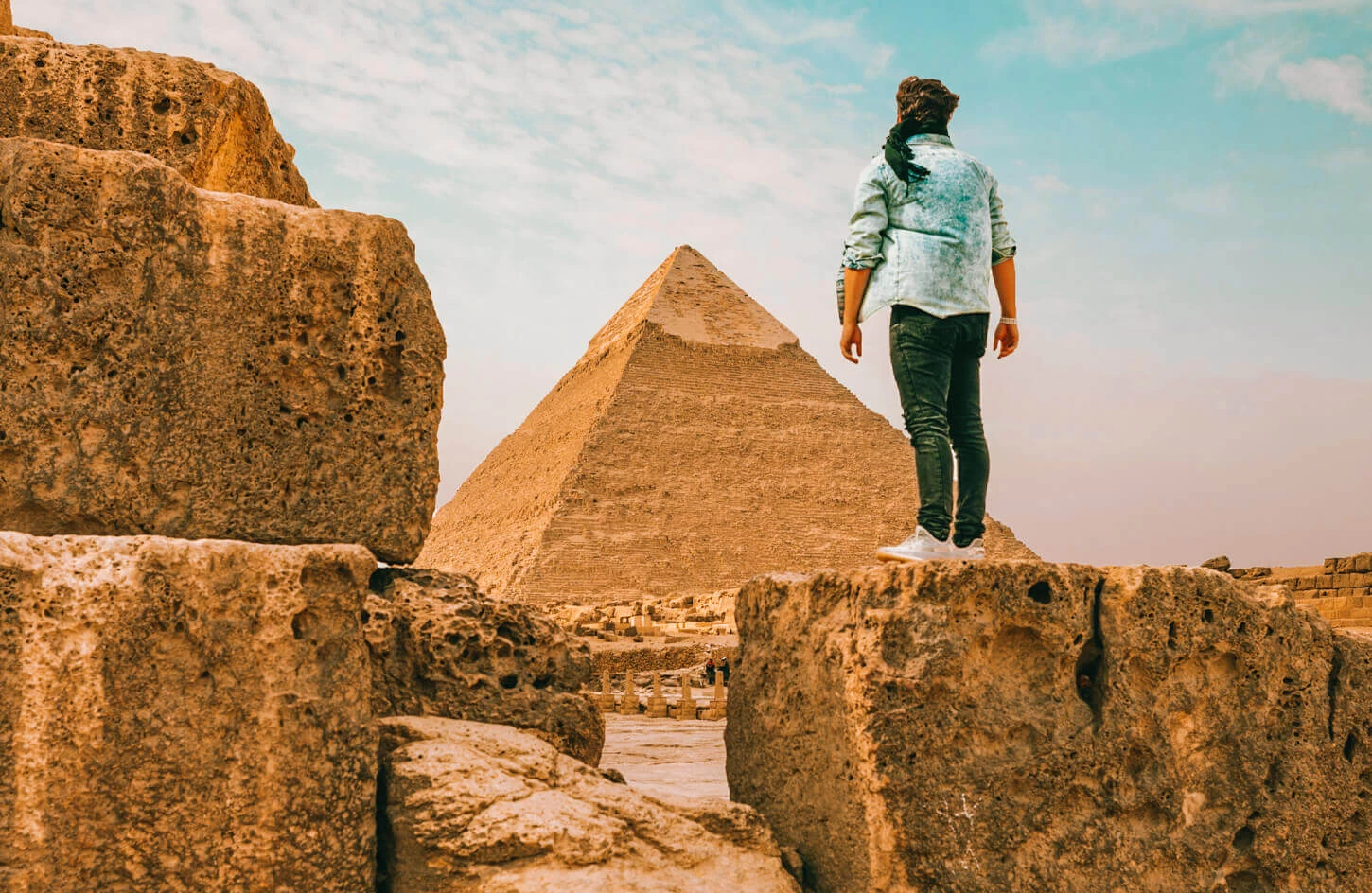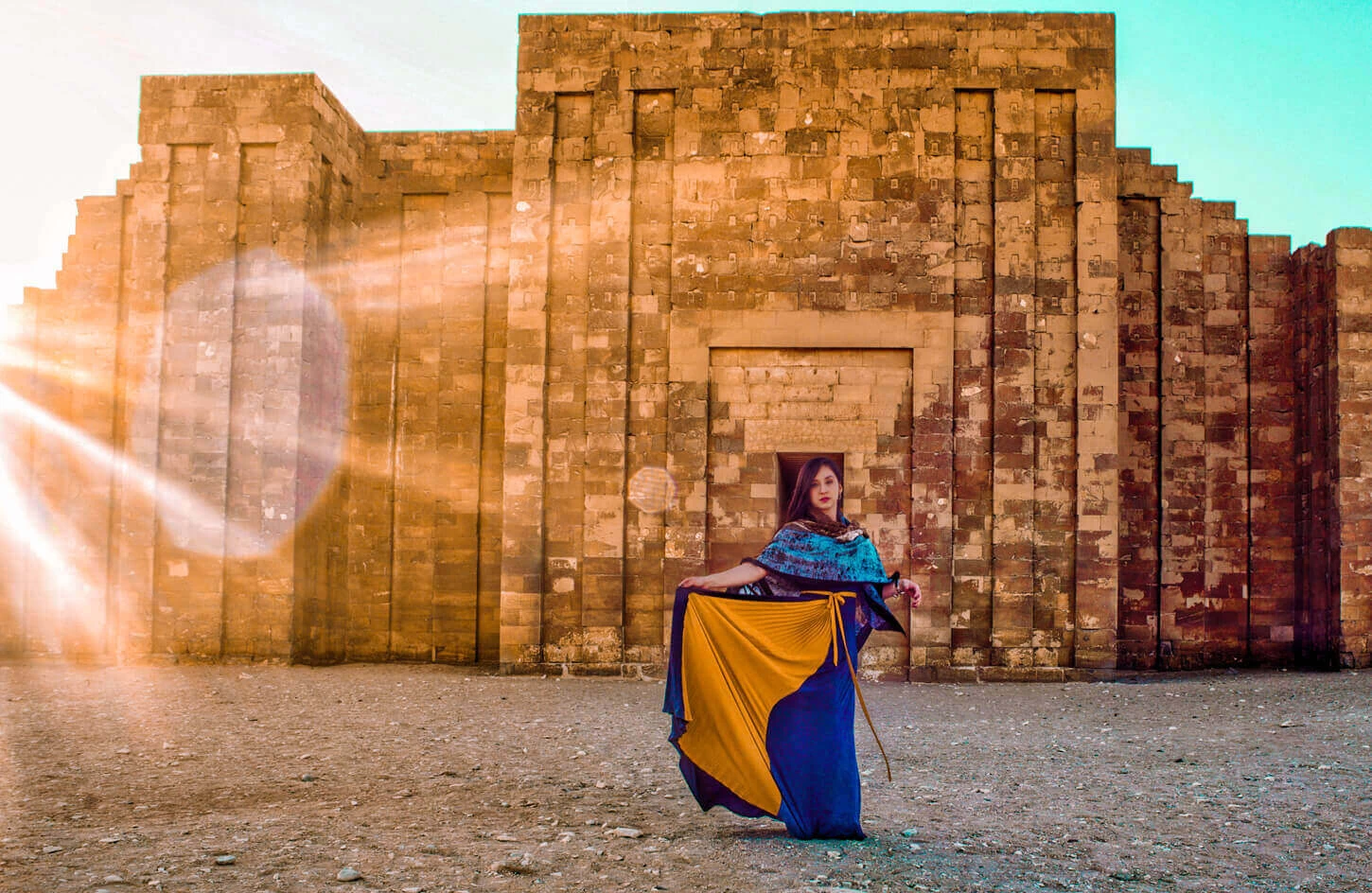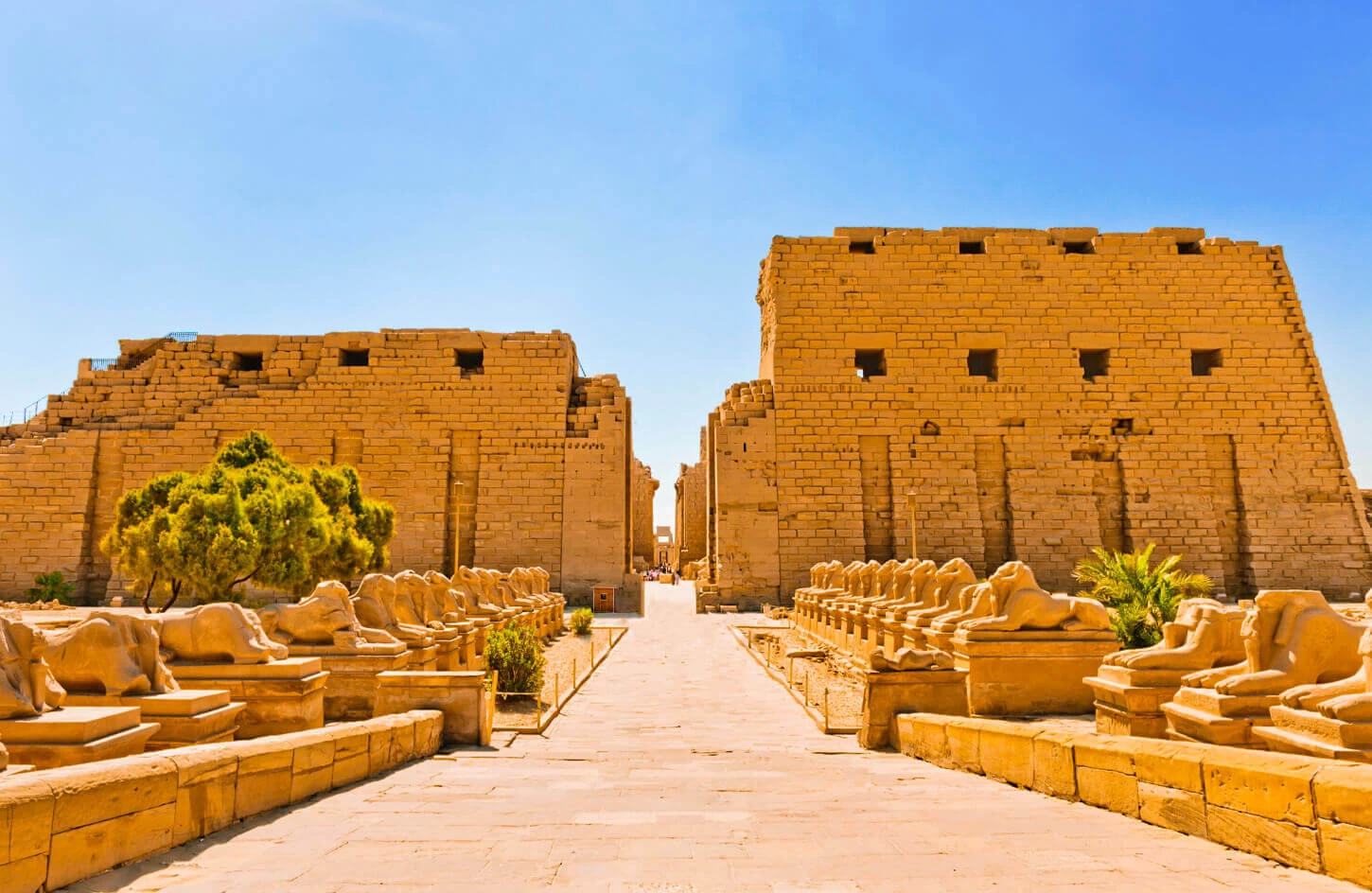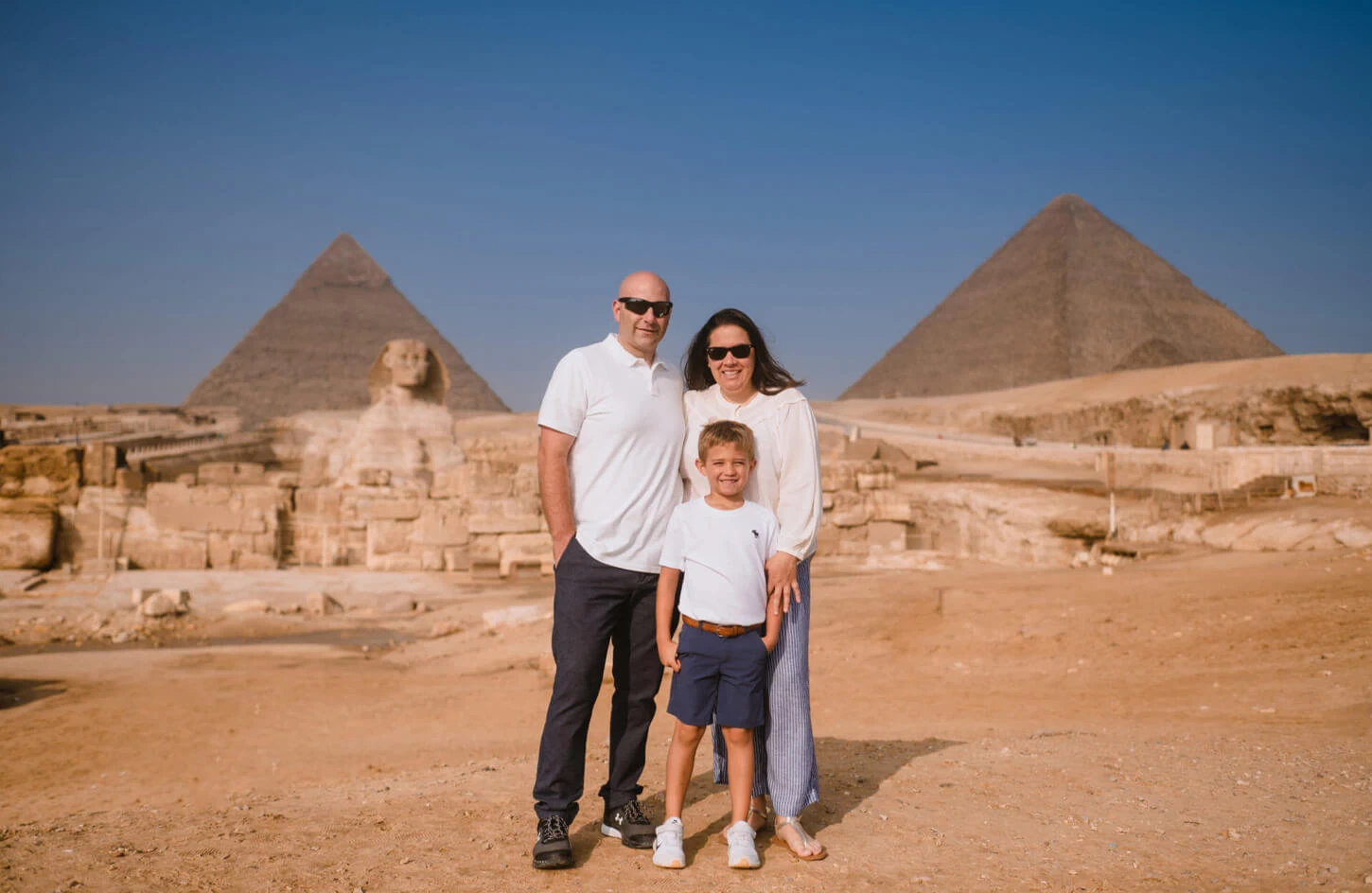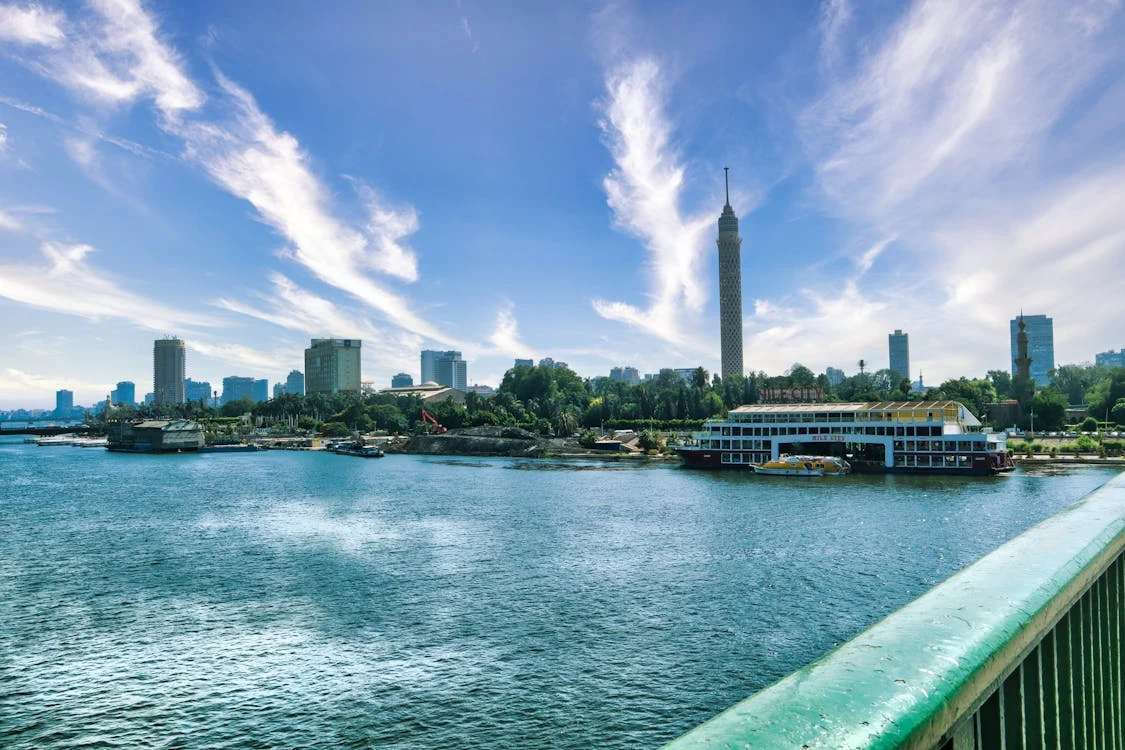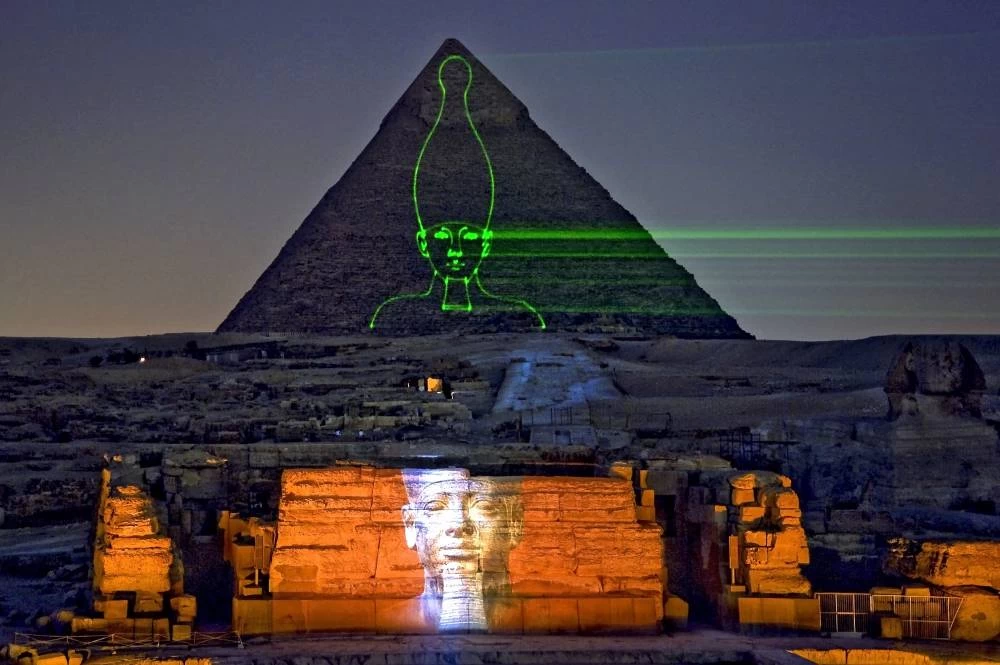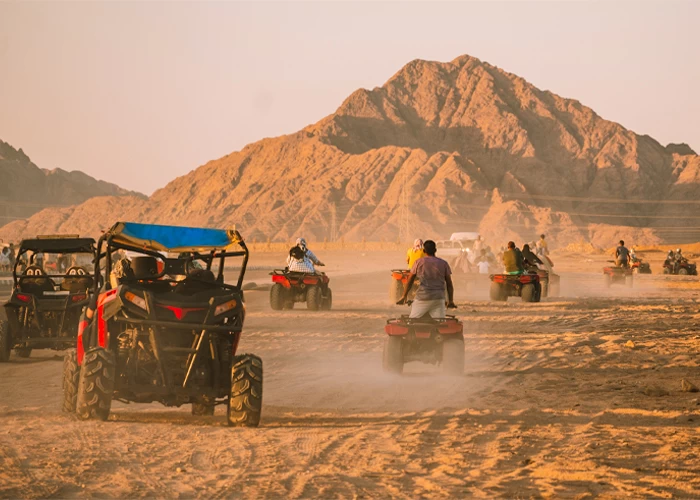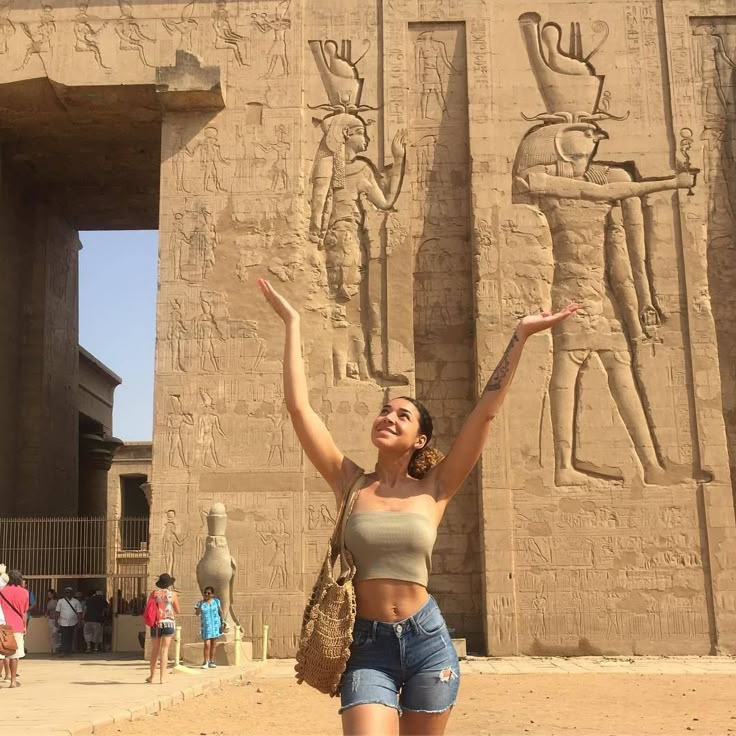Visa Requirements for Egypt Travel - Do You Need One?
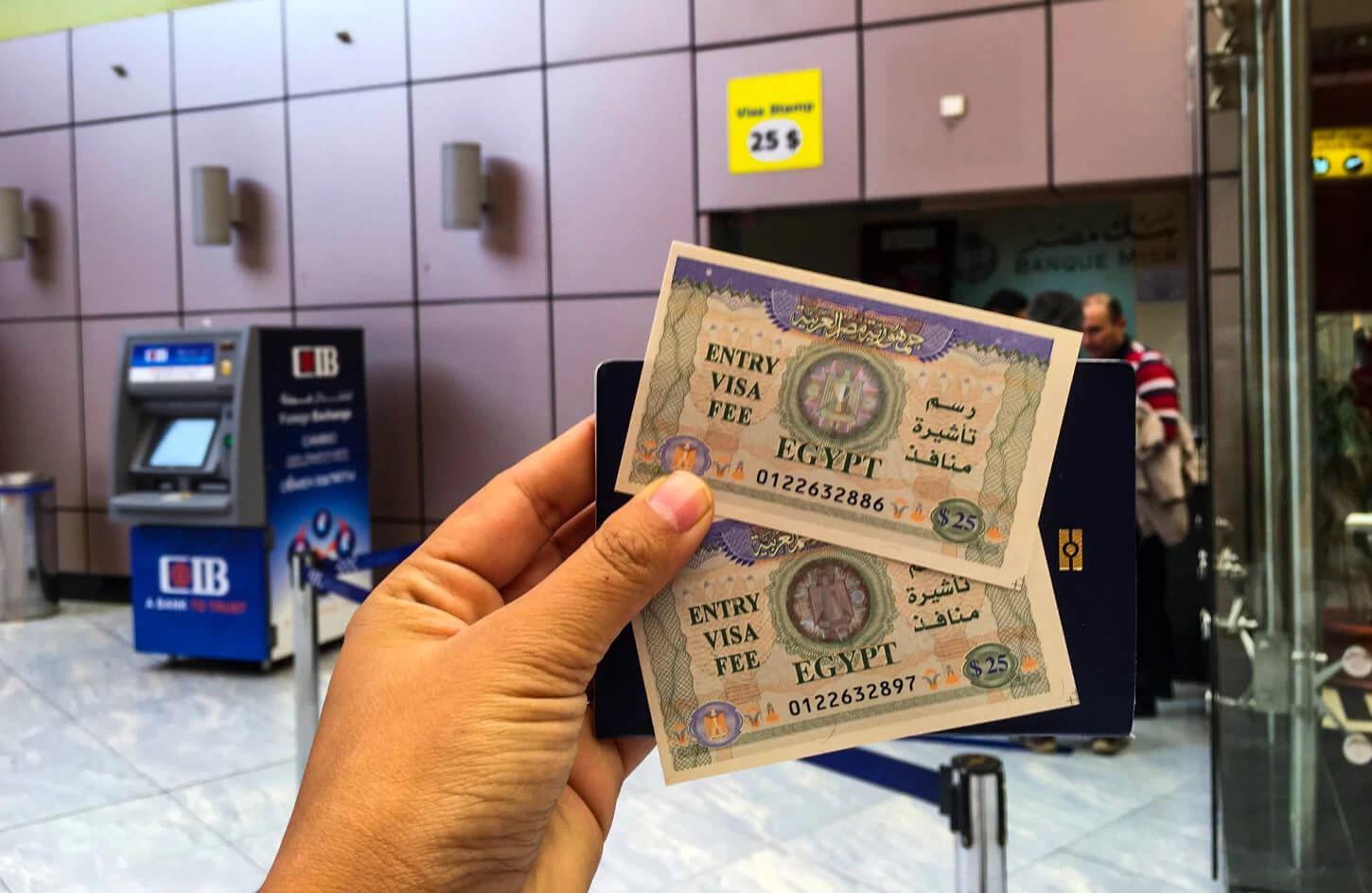
Imagine planning an adventure to explore the ancient wonders of Egypt. Maybe you dream of standing before the majestic pyramids or sailing down the Nile. But then, a big question arises: Do I need a visa to visit Egypt?
Understanding Egypt visa requirements can be tricky, even for U.S. citizens. Many wonder if they should apply for an Egypt travel visa in advance or get one when they arrive. This guide aims to clear up the visa process. We want to ensure you have all the info you need for your smooth Egypt tour.
Understanding the Basics of Egypt Visa Requirements
A visit to Egypt will thus entail examining the visa rules for entry. Country citizens most likely require visas to enter.
Egypt has many types of visas. A tourist visa covers you for visits of a brief duration, and then there are other visas for business or study. The tourist visa would be valid for a maximum of sixty days, and then six months after, you can apply again. It is advisable to take the multiple-entry visa for 90 days in six months for those who want to visit more than once.
The number of days it takes to acquire a visa varies. A visa on arrival is available immediately, while getting it through the embassy takes as long as 10 days. The eVisa is faster, taking about 7 days. For transit, if it is less than six hours, there is no need for a visa. Staying longer demands proof of onward travel. For more extended stays, you need a transit visa.
There are additional steps for application for some countries. For example, there is pre-clearance made with Egypt's State Security Authorities before citizens of Iran, Iraq, and Syria can apply. In addition, you must have a passport that is valid for at least six months beyond the arrival date.
Who Needs a Visa to Visit Egypt?
Every person traveling to Egypt should understand the visa requirements that apply to their home nation. Specific visitors must obtain a visa before entering Egypt. Guests seeking entry to Egypt must determine their visa requirements.
GCC (Gulf Cooperation Council) member citizens can stay in Egypt without a visa for up to half a year. Under specific conditions, Lebanese nationals gain free entry to Egypt for 90 days. Jordanians do not need visas when they come to visit Egypt for a period of one month as per their immigration policies. The entry visa for Egypt upon arrival grants visitors from 51 different countries a 30-day stay period.
Visitors from EU states, along with UK residents, as well as Australians, Canadians, and citizens of Russia and Ukraine, and people from the United States and United Kingdom, receive Egyptian visas upon arrival.
Visa applications for Egypt must be submitted through local Egyptian embassies or consulates by all persons whose home countries lack visa exemption.
Citizens from the United States, Canada, United Kingdom, and Australia are qualified for e-Visa access. Time required for this process remains brief and uncomplicated. You can stay within the Egyptian borders with an e-Visa for a maximum of 30 days. Visitors who obtain single-entry visas can stay in Egypt for 90 days, whereas multiple-entry visa holders are permitted 180 days of entry into the country.
A visa becomes necessary for individuals residing in most African, South American, and Asian countries when entering Egypt. The duration to obtain a visa varies from case to case. The duration for which you need to follow visa regulations depends on the visa kind as well as the country of origin. Ensure that you verify the visa requirements for your nation before traveling to have an uncomplicated experience.
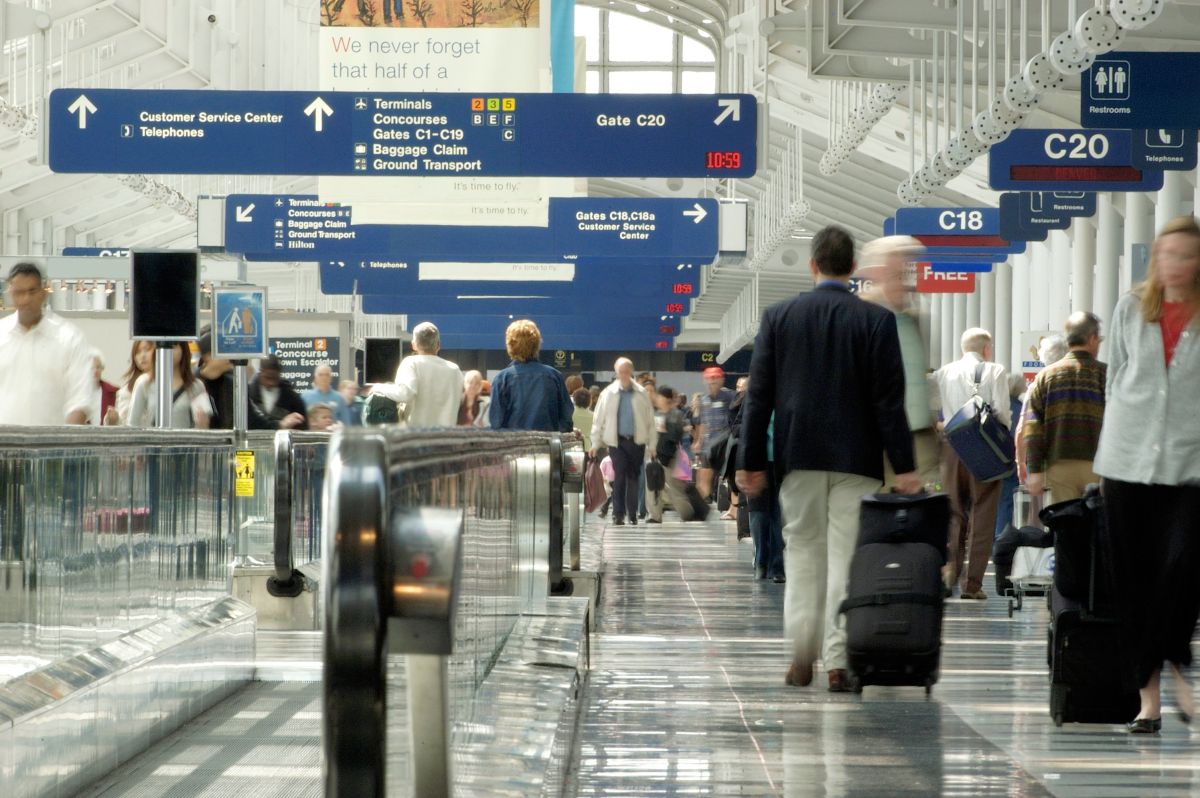
Do I Need a Visa to Visit Egypt?
If you are a U.S. citizen, then you require a visa to Egypt. There exist various methods of obtaining an Egypt tourist visa. It is important to know the different methods available and decide what works best for your travel plan. There are mainly two types of visas available to Americans:
- e-Visa: You can apply online while you are out of Egypt. It's easy, and you can do it from the comfort of your home.
- Visa on Arrival: This can be availed on arrival at major entry points like airports. It's a flexible option, but there might be a queue for visa processing.
The wisest option is to prepare beforehand. A pre-arrival visa will avoid delays upon landing. Ensure your travel documents are on you and be familiar with the requirements for entering Egypt smoothly.
Types of Visas Available for Travel to Egypt
The understanding of Egypt's multiple visa types is essential for an effortless trip to the country. A distinct visa exists for all forms of Egypt travel purposes.
- Tourist Visa: Great for those on vacation. The duration available under this visa reaches 30 days.
- Business Visa: Perfect for meetings or conferences. It's for business stays.
- A transit visa grants permission to travelers only during brief visits through Egyptian territory. It's good for a short time.
- Egypt allows visitors to obtain a family visa for seeing relatives and friends who reside within its borders.
- Cultural, Sports, or Conference Visa: For events, sports, or conferences.
- The Short-Term Education or Internship Visa supports students and interns who want to stay in Egypt.
- Visa Category D: for stays over three months for many reasons.
Several international visitors can visit Egypt without needing a proper visa. The visa-free visit period for Malaysians in Egypt reaches up to 14 consecutive days. Nonetheless, many travelers are permitted to stay up to 90 days within Egypt. Specific travelers can stay in the Sinai Peninsula for brief periods of time without obtaining a visa.
Online and airport applications serve as methods to obtain an Egypt visa. Check that your visa condition matches the eligibility requirements.
How to Apply for an Egypt Tourist Visa
Visitors entering Egypt can easily obtain their tourist visas through digital or physical means. An understanding of your choices allows you to gather appropriate traveling documents that ensure a successful journey.
- The process of getting an e-Visa as a United States citizen includes these steps:
- Apply for the e-Visa through the government portal available at the official website.
- There are 17 questions in the application form that need to be completed. It usually takes about 11 minutes.
- Senior passport photographs valid within the previous six-month period should accompany your required supporting documents.
- Visa payment necessitates fees determined by your national origin.
- Submit your application for processing. It usually takes about 1.5 days.
- Someone seeking an in-person visa application must visit the Egyptian embassy or Egyptian consulate. Here's what to do:
- Apply for the visa by completing the designated form while presenting two copies of the required documentation.
Send one latest passport photo taken within the last six months together with additional documents such as round-trip tickets or travel plans as per your nationality requirements. Pay the visa fee. Nationalities requiring pre-approval must pass necessary requirements to receive a visa. Your application processing will require about ten normal business days.
American travelers need an authorized visa from the Egyptian government before entering the country. The eVisa application grants either a single entry permission to remain for 90 days or enables multiple entries with validity spanning six months. The eVisa proves successful for applicants because its rejection rate stands at just 0.24% according to system records.
An early start of Egypt visa application preparation becomes essential to prevent idle processing time. Contact the customer support through iVisa chat or WhatsApp for additional information. Your knowledge about visiting Egypt will create an enjoyable and hassle-free journey.
Visa on Arrival vs. e-Visa—Which is Best for You?
When it comes to traveling to Egypt, there are two visa options: the Visa on Arrival Egypt and the e-Visa Egypt. Each option has advantages and considerations that will help you choose the best for you.
The visa on arrival in Egypt is available at large airports such as Cairo International and Sharm El Sheikh International. When you arrive, you will need to fill out a form and show your documents. You can also pay generally in USD, Euros, or British Pounds. Therefore, the process of obtaining the visa takes about 15-30 minutes, and it costs $25 USD.
Pros of Visa on Arrival:
- Available upon landing in Egypt.
- Easy access at major airports.
- Multiple currencies accepted for pay.
Cons of Visa on Arrival:
- Processing may take longer than normally possible.
- Less predictable as to whether available or not.
The e-Visa Egypt guarantees a very smooth application process. You can even apply online, which roughly takes 45 minutes. This visa comes in a single-entry and a multiple-entry type. The single-entry visa is valid for 90 days with a 30-day stay. While the multiple-entry visa is valid for a total of 180 days with a stay of 30 days each. It sells for $25, just like the e-Visa.
Pros of e-Visa:
- Conveniently online.
- Predictability with visa approval prior to travel.
Cons of e-Visa:
- Advance planning is required to apply before travel.
Visa on arrival in Egypt, or e-Visa in Egypt, is a choice that will depend on your travel style. If you would rather have your visa processed immediately, then Visa on Arrival is the right option for you. And in the case that you want to get that hassle-free experience with guaranteed approval, the better choice would be the e-Visa. Knowledge of these visa options will enhance your travel experience in Egypt.
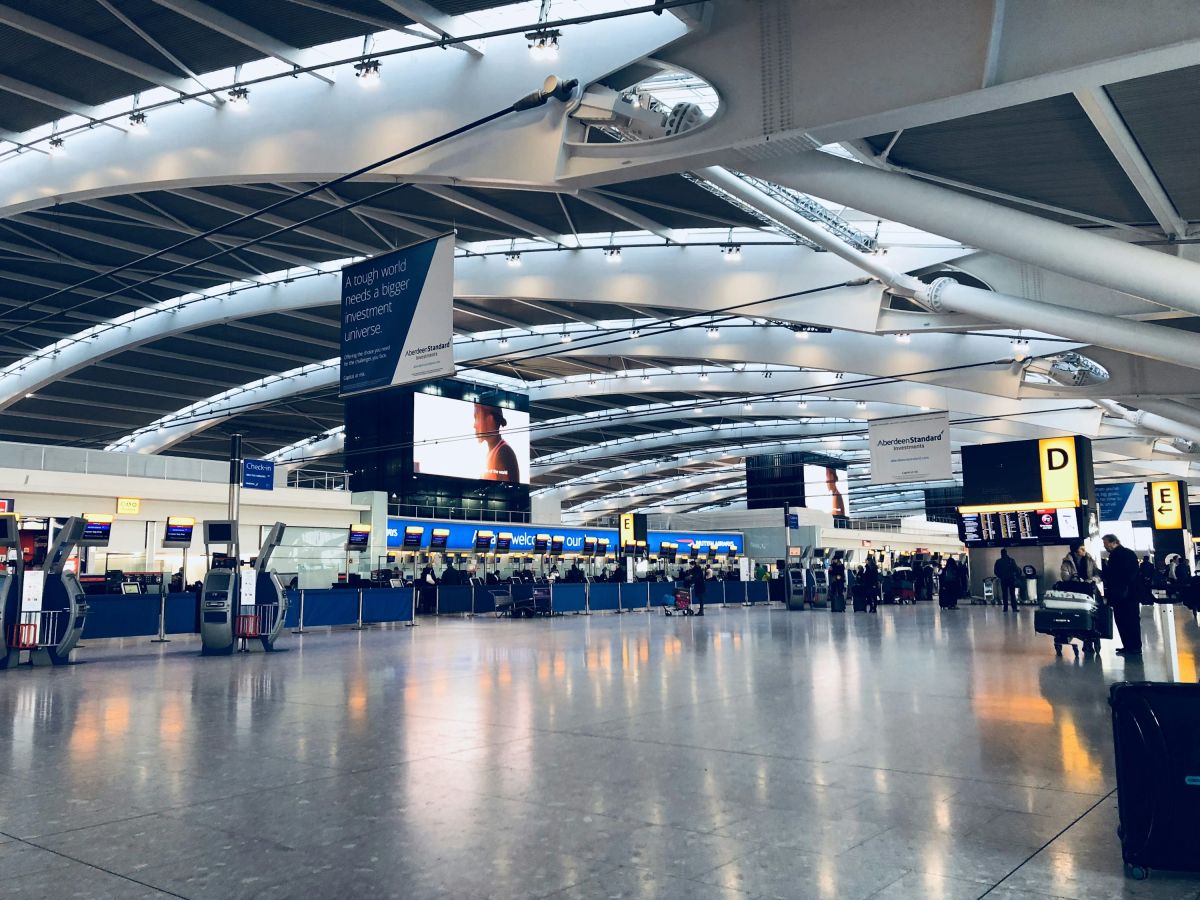
Important Egypt Visa Application Documents
You must get essential records prior to your trip to Egypt. A set of documents serves as necessary requirements for visa applications. A list of necessary documents is converted based on your nationality together with your visa type.
Visa candidates will need to prepare these core documents depending on which visa they apply for:
e-Visa:
- Valid passport or national ID
- Completed online application form
- Image of your passport information page
- Credit or debit card for payment
- The email address you must have for visa delivery
- Embassy or Consular Visa:
- Valid passport
- Completed visa application form
- Passport-sized photo
- Proof of return flight
- Travel itinerary
Visa on Arrival:
- Valid passport
- Visa fee of 25 USD
Pay attention to the financial regulations that govern operations in Egypt. The Egyptian authorities require you to notify them about any amount exceeding 10 million USD. The personal allowance is restricted to LE 5,000. Foreign travelers need to follow regulations that specify allowable amounts for tobacco and alcohol importation into Egypt.
Residents in any area where yellow fever poses risks need to show proof of vaccination through a Yellow Fever Vaccination Certificate. The rules outlined in advance will ensure an uninterrupted entry into Egypt. The procedures enable Egyptian travelers to experience a trouble-free and fun-filled vacation.
Egypt Entry Requirements for American Travelers
Planning your trip to Egypt from the U.S.? Knowing the entry requirements is key to making the whole journey smooth. Entry requirements such as
Health and Vaccination Requirements: Keeping up with health advisories is very important. So have the right vaccinations and health papers that are currently being alerted.
Onward Travel Proof: On entering Egypt, you might be asked to show proof of onward travel-return flight. That is one way to establish their travel plans.
Validity of Passport: Your US passport must be valid for at least six months after your departure from Egypt. That is a must in entry rules.
Visa Application: Americans are usually offered an Egypt eVisa. Basically, a form where 17 questions need to be filled out would fetch you an eVisa. The eVisa process takes about 1.5 days, which makes it easier.
The majority of travelers find it an easy thing to do. Care with your passport number is, however, appreciated for smooth processing. Its rejection rate is 0.24, which surely means that one has great chances of getting an eVisa.
Also note that some nationalities might have different rules or need to get a different permission to apply for a visa, so it's wise to check it out with the Egyptian embassy in Washington, D.C., or with consulates in New York, Chicago, Los Angeles, and Houston. All these can help with your visa questions. Make your travel plans to visit Egypt from the US. Entry requirements are very crucial for a traveler to make the journey without a hassle. Health documents and travel papers have to be taken care of for an American traveler.
-Health and Vaccination Requirements update for health advisories. Looking at any current health alerts, ensure that you have proper vaccinations and health papers.
-Accommodation Proof: When you go to Egypt, you may be asked to show proof of onward travel-return flight. That is one way to establish travel plans.
-Validity of your US passport for entry rules requires an expiration date of not less than six months after leaving Egypt.
-Visa Application: Americans usually opt for an eVisa to Egypt. This generally requires filling in a form with 17 questions, so it sounds simple enough. The eVisa process takes about a day and a half, making it very easy, really.
-Most travelers report that the application procedure is easy. But make sure you have the correct passport number so there aren't any problems. Since the rejection rate is very low at 0.24%, it would be pretty much sure that one will get the eVisa.
-Also, some nationalities may have other conditions or require different permission to apply for a visa, so it is wise to check out the Egyptian embassy in Washington, D.C., or consulates in New York, Chicago, Los Angeles, and Houston. They can help with your visa questions.
Understanding the Egypt Visa Process Timeline
Evaluating the duration of the Egyptian visa application process should be considered essential for traveling purposes. An e-Visa processing time usually spans five business days before issuance. You should start your application seven days in advance of your scheduled departure. Applying seven days before your travel date enables you to prevent delays from occurring at the last moment.
Besides the Visa on Arrival type, the visa process duration may stretch from several minutes to multiple hours. The waiting duration depends on the number of travelers in the line queue. An Egypt visa operates primarily as a temporary travel document that serves visitors coming from 42 prequalified countries.
The consular visa requires considerably more time compared to other visa types. You need 15 to 30 working days. Begin this application process no later than three weeks beforehand to leave smoothly. You will receive your visa before the departure date by starting your application at least 3 weeks in advance.
Foreigners coming from the U.S., European Union, and the U.K. do not need to obtain a visa to stay in Egypt for 15 days. To extend your stay in Egypt, you should apply for the standard visa processing times, which include either e-Visa or Consular Visa.
The duration of Egypt visa processing becomes essential for planning your travel arrangements. You should plan visa processing time at an appropriate duration. Travelers must choose between e-Visa, Visa on Arrival, and Consular Visa for their entry into Egypt. Ever since implementing this procedure, the experience has become simpler for Egypt visitors.
Traveling to Sinai—Visa Exemptions and Rules
-Sinai is a travel adventure. Some visitors may not require a visa to enter certain resorts and parts of Sinai. Knowing the Sinai visa exemption is very essential for the tourists. Here are some key features of the Sinai visa exemption: Visitors from certain countries can stay in Sinai for up to fourteen consecutive days without a visa at certain resorts.
-UK nationals, EU, and USA citizens could enjoy this exemption. It would make travel planning easier.
-Visitors from Bahrain, Kuwait, and the UAE can come to Egypt without visas for up to three months. That stays true within several portions of Sinai. The Egypt eVisa is a good possibility if one wanted to leave for a long period or does not meet the exemption requirements. This is for a maximum of forty days of stay. The electronic visa is simple to apply for and online-an advantage while exploring other destinations beyond Sinai, Egypt.
-Before leaving for Sinai, ensure that the passport is valid for at least six months beyond entrance. Enjoy living in that lovely region. But then again, knowing visa rules wards off all travel problems.
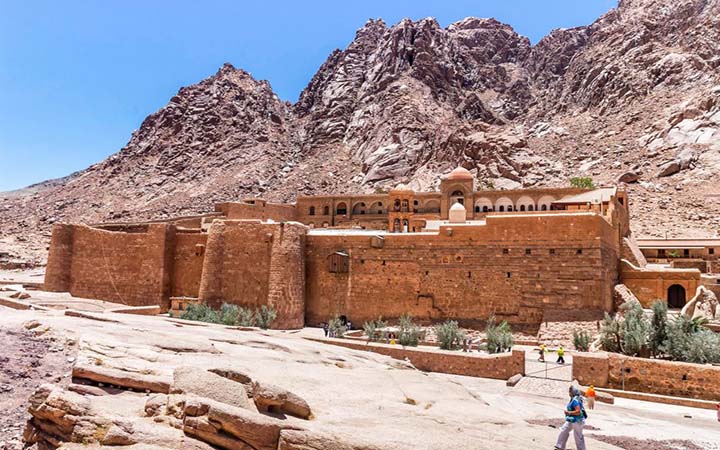
Health and Safety Considerations for Travelers to Egypt
Health precautions are, indeed, an important concern while planning a trip to Egypt. The government of Egypt has reports on schistosomiasis, which is contracted through various water bodies. In order to keep healthy throughout Egypt, it helps to keep in mind some of the health risks and precautions prescribed.
- Make sure vaccinations against common diseases are up to date.
- Carry hand sanitizer with at least 60% alcohol when soap and water are unavailable.
- Use insect repellent containing DEET or Picaridin to prevent insect bites.
- Be careful with what you eat and what you drink.
Motor vehicle crashes are recognized to be the leading cause of deaths abroad for American citizens. Exercise caution in crossing roads, as driving conditions can be very different from those in the U.S. Heat illnesses may affect travelers to Egypt, especially during the summer. Therefore, drink plenty of liquids and stay indoors during the hottest hours. If you notice any signs of heat exhaustion or heat stroke, seek medical help immediately.
Know that the security situation has classified the Northern and Middle Sinai Peninsula as Level 4: Do Not Travel, mainly due to the ongoing threat of intermittent attacks against civilians and security forces. Red flags are also raised for the Western Desert and the Egyptian border zones, which have also been designated military zones.
Caution should be taken in urban areas like Cairo because extremists target religious sites and tourist locations. There is a heavy security presence maintained by Egyptian authorities, but any attack can happen suddenly. Remain alert in markets, transport hubs, restaurants, and resorts.
In such instances, information on accredited healthcare facilities would be useful. Data received from the Joint Commission International mentions a number of facilities available to travelers in need of medical care. For any animal bites, get medical help immediately, as the consequences related to some medical conditions can be life-threatening.
Choosing the Right Tour with Egypt Day Trips
Choosing the right tour is the beginning of planning the ideal Egypt vacation. Egypt Day Trips has several options for different interests. Explore ancient history, seek some adventure, or just relax. Each one of these popular tours will help you get ready for Egypt.
Cultural Tours: Visit sites such as the Pyramids of Giza and the Valley of the Kings and learn about Egypt's history.
Adventure Tours: ride quad bikes in the desert or snorkel in the Red Sea for fun.
Religious Tours: See Mount Sinai and Coptic Churches to appreciate Egypt's spirituality.
Relaxation Tours: Enjoy resorts along the Nile or Red Sea after sightseeing; just what you need for some unwinding.
Booking with Egypt Day Trips is simple. You will find many options to personalize your trip. These tours remain forever imprinted in your memory.
Is your trip to Egypt coming up? The knowledge about visa regulations is very pertinent. Travelers from certain countries can get visas on arrival or e-visas. The visa on arrival allows you to stay for up to 30 days in locations such as Cairo International Airport for €25.
The e-visa can be done much quicker with many more entries. It's nice if you want to see more than just a couple of the more famous destinations.
Choosing your visa wisely is important. Ensure your passport is valid from a country such as the United States that can smooth entry into Egypt. Also, keep yourself updated on the latest developments regarding visa regulations, and use US dollars when exchanging to get an even better rate.
The better you plan, the better your trip to Egypt. Definitely consider taking some organized tours from Egypt Day Trips; it'll be a great way for you to learn something about the culture of Egypt. Knowing everything about visa rules can really help you have a fantastic trip.
